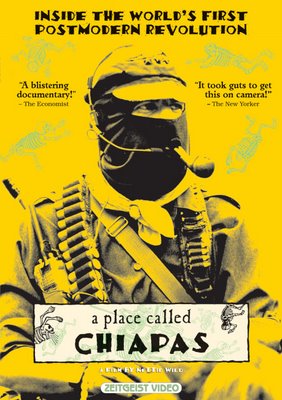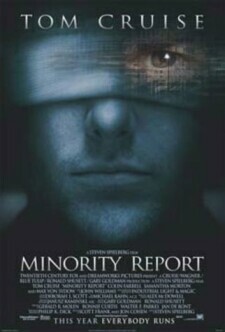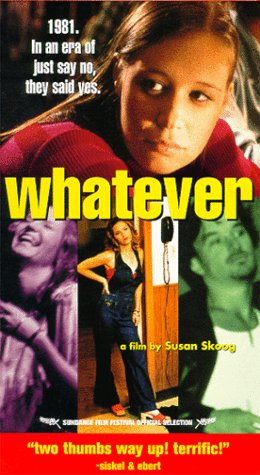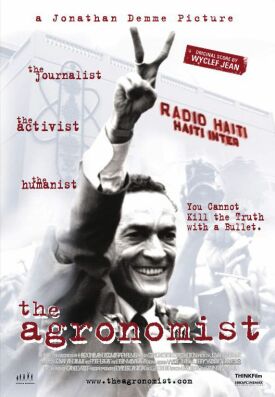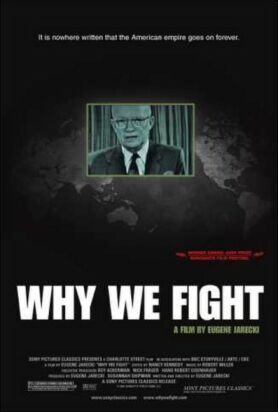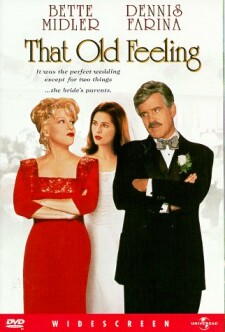Place Called Chiapas, A
A Place Called Chiapas, directed by the Canadian Nettie Wild, is a documentary about what the New York Times has rightly called “the world’s first post-modern revolution.” It begins with military vehicles emerging from darkness and a voiceover talking about the Zapatista movement of the Chiapan campesinos, led by Subcomandante Marcos, as having been “born in the night,” where it continues to live until that distant day when, supposedly, “there will be light.” That’s pretty stock revolutionary rhetoric, it might seem, but for the fact that the light they refer to is not so much the Aufklarung of reason as it is the glare of publicity. The bishop-guerrilla known as “Grandpa” tells the camera that their revolution is “not about seizing power; it is about being heard. When they were heard, they stopped shooting.”
What we have here is perhaps a testimony to the accuracy of Francis Fukuyama’s “End of History” thesis. The cause for which these poor Indians wish a hearing is their opposition to NAFTA. As the voiceover says, “We [Canadians] debated it; they went to war over it.” There was a time when there would have been a whole superstructure of ideology for such an opposition movement, and, indeed, the film tries to make us believe that the gathering of the usual suspects of the international left in support of the revolutionaries has worked out that it is “against neoliberalism and for humanity,” in some systematic way. But their hearts aren’t in it and no revolutionary theorist has come forward to explain this ideology. As Ms Wild’s voiceover says, “It’s anybody’s guess what that means.”
Actually, it is fairly clear what it means. “Neoliberalism” is free trade, or rather what passes for it under the bureaucratic auspices of the NAFTA. But it is fair enough to generalize, since the conflict between the subsistence farmers and the forces of consumerism and big business who would make them economically redundant is a paradigmatic one. “Humanity,” by contrast, means obscurantism, Luddism, ignorance and protectionism, at best a European Common Market solution whereby inefficient farmers are protected in their inefficiency forever at the expense of the rest of the community, who are happy enough to pay up to avoid inconvenience — the most that such a “rebellion” can hope to produce.
It’s hard to ask either revolutionaries or counter-revolutionaries to die on behalf of so modest a cause. Hence the priest’s insistence, like an unhappy wife, that he just wants to be heard. And of course the way to be heard is get on TV. Thus Ms Wild’s movie is full of half-comic, half-tragic images — of the revolutionary Demandas posted on the Internet, of a soldier with a videocamera, of a brass band of guerrilla soldiers playing in ski-masks, a church congregation singing “Blowin’ in the Wind” in Spanish or a revolutionary leader posing with pipe and ski mask for a Marie-Claire photo shoot — of revolution as merchandising: we see the toys, the dolls, the T-shirts. A bumper sticker reads: “Yo [heart] Marcos.”
It is, of course, way too perfect, that Ms Wild’s own camera crew begins filming in the town of La Realidad — Reality — where the road ends, and goes on from there. For the air of unreality hangs over everything. The government-allied paramilitaries that terrorize the Zapatistas call themselves “Peace and Justice,” for instance, so that an Indian laments: “The men from Peace and Justice were after us to kill us. . .They wanted to wipe us out.” Ms Wild tells us that “I came to realize my camera was framing the gap between rhetoric and reality.”Accordingly, perhaps, she uses camera tricks to make film of Independence Day celebrations in Mexico City and of the stock exchange there hard to watch: off center or out of focus photos, quick cuts, speeded up film of columns of armed soldiers marching past too quickly for us to see them.
These things serve as reminders that the solid-seeming realities of the old models of oppression and revolution are disintegrating before our eyes and we are left with a gestural politics in which, in spite of the massacre of December 1997 with which the picture ends, not too many people on either side have to be sacrificed to the gods of ideology. Thus even a conservative may feel sympathy for a revolution that makes a pipe of tobacco into a revolutionary symbol. Maybe, once they have beaten NAFTA, the Zapatistas can take on the anti-smoking Nazis.
Discover more from James Bowman
Subscribe to get the latest posts to your email.

